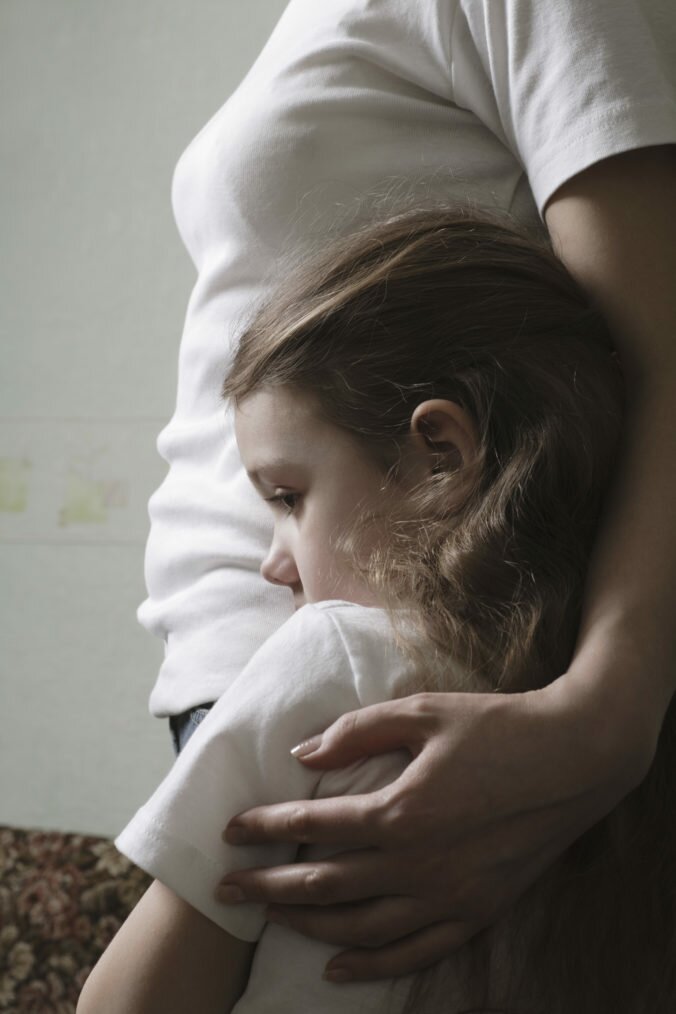A number of years ago, I had two patients come into my office, one after another. The contrast between the two has remained with me for a number of years. It helped me learn something about strength.
The first one was a young man who was tall and what we would call, “well built.” He had the size of a football player. What he didn’t have was much emotional strength. Every time I suggested something to him as a way to cope with his problems, he had a reason not to do it. Sometimes he said that it was “too hard.” Sometimes he complained that it would take too much effort. It quickly became clear to me that this young man was unable to face very much. Even though we would have regarded him as being strong and capable, which was true of his physical abilities, it was not true of his emotional abilities.
This become even clearer with my next patient. This was a girl who had struggled for years with a major medical problem. She had tolerated and survived many medical procedures. On the day she came to see me, she was having a spinal tap. She regarded that procedure as just something else that had to be done. I asked her how she tolerated the pain and her response was that, “it really didn’t last too long.” What a difference between these two people. He was physically strong, but had little emotional capacity to tolerate any discomfort. She was physically compromised but had the grit and tenacity to cope with the most painful of procedures.
It was interesting to me that she did not see herself as strong or brave. She just saw her treatment as what had to be done. He saw himself as being strong, and was insulted if I suggested that he had any kind of weakness.
I wish we could begin to value emotional strength. I wish we could understand how much value it has for our lives. I wish we could spend as much time and money developing this type of grit and of resilience. I also hope that we can begin to value it in others and in ourselves.

